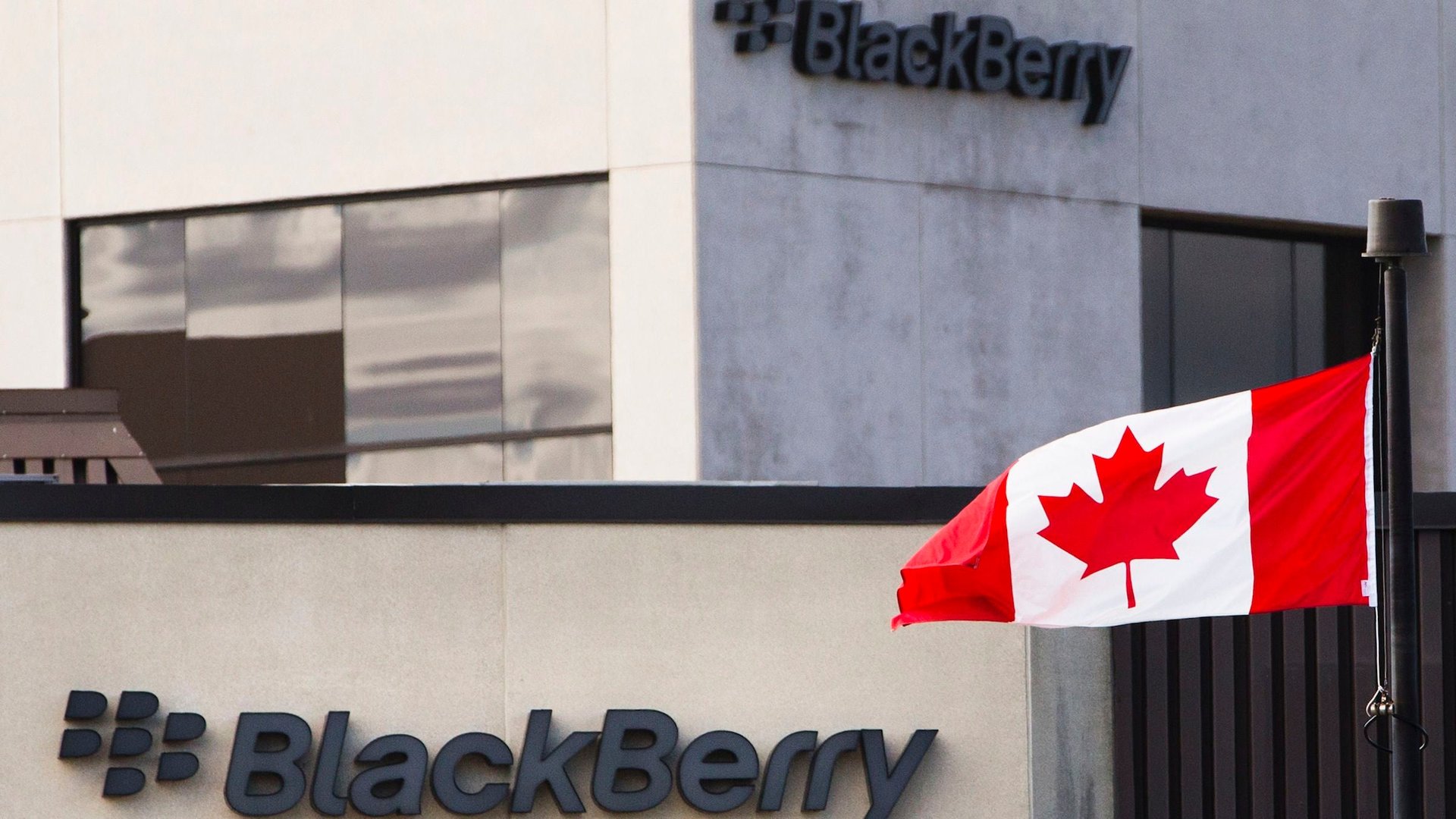BlackBerry could be worth more dead than alive
For the board of fallen smartphone giant BlackBerry, breaking up may be the best, and only realistic option.


For the board of fallen smartphone giant BlackBerry, breaking up may be the best, and only realistic option.
The struggling Canadian company, which hung a “for sale” sign above its operations in August, is in talks with tech giants Cisco, Google and SAP about hiving off all or part of its business, it emerged late on Friday. It’s the first sign that industry players are interested at all in BlackBerry, boosting belief among investors that some form of sale will indeed transpire.
BlackBerry has already agreed to be bought by its biggest shareholder, Canadian investment fund Fairfax Financial, for $4.7 billion. But the offer lacked credibility and has been dismissed by many as a “stalking horse” bid. The share price last week was trading as much as 15% below Fairfax’s $9 per share line in the sand—a sign that the market is dubious about Fairfax’s intentions and whether its bid could be financed.
Cerberus Capital, the buyout firm best known for buying Chrysler (and, to a lesser extent, for being unable to sell gun-maker Freedom Group), has also been kicking the tires. But, as is usually the case in auctions of this nature, interest among trade buyers appears more credible. Macquarie Equities analyst Kevin Smithen wrote on Monday in a note to clients that he thinks a sale of Blackberry to a consortium of buyers is now the most likely outcome, and expects a deal worth $6-$9 per share to be completed by the end of the year.
The Canadian (and possibly even the US) government could even step in to hasten a sale, in order to maintain service quality, Smithen wrote. For all of its travails in the consumer market, BlackBerry remains a major supplier to governments around the world, including in the US.
And while the company’s loss-making consumer business is likely to be considered a liability, its enterprise IT business and its lucrative government contracts could appeal to companies looking to break into the market for mobile technology for large organizations, Smithen said.
The company is eager to conclude its strategic review swiftly; it fears uncertainty over its future is affecting demand for its products. It was also hit with a shareholder class action last week amid claims it misled investors about the potential of its Z10 smartphone.
So the fact that some of the giants of the tech world are sniffing around is good news, of sorts—even if it means BlackBerry is even less likely to survive as a single company.